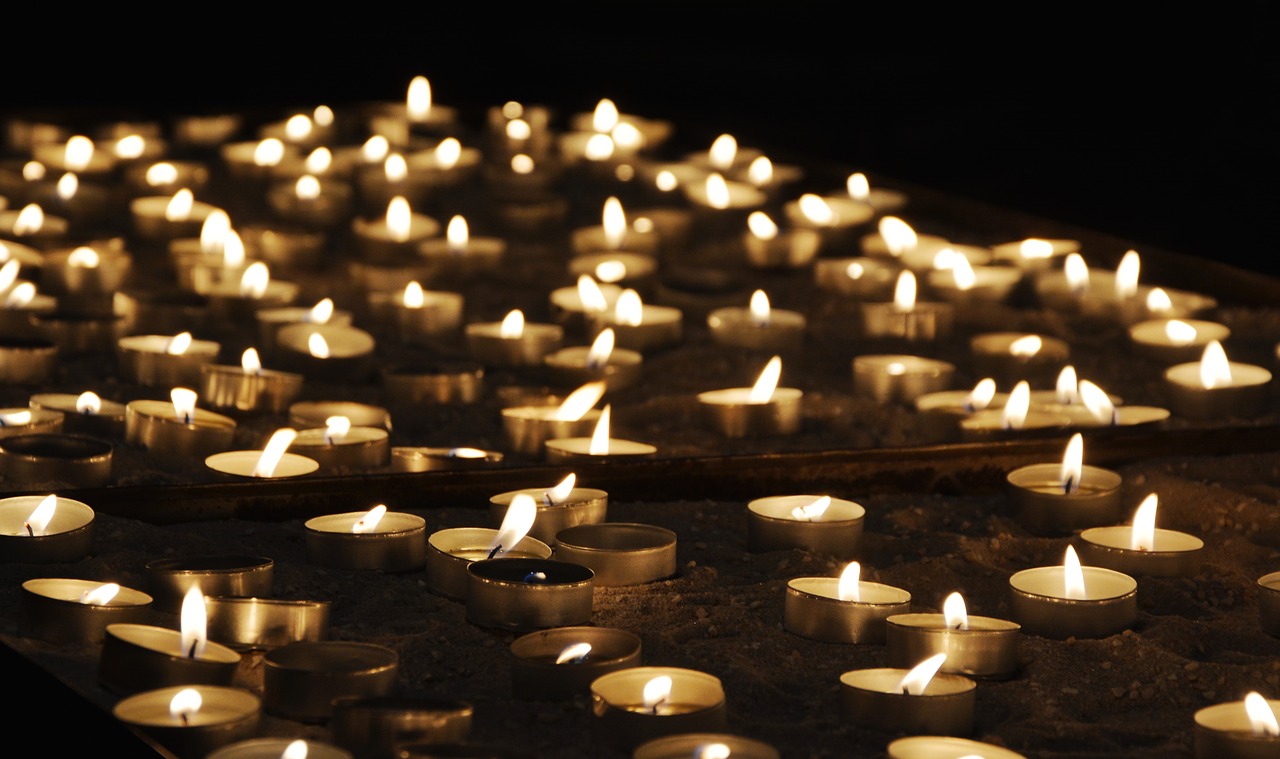Secularization comes before economic prosperity, report finds

A recent paper published by the American Association for the Advancement of Science shows that secularization of countries occurred before economic development and not the other way round.
Global Gallop surveys show that each of the most religious countries is relatively poor, with a per capita GDP below $5000. In the world’s poorest countries—those with an average per-capita income of $2,000 or lower—the median proportion who say religion is important in their daily lives is 95%. In contrast, the median for the richest countries—those with average per capita incomes higher than $25,000—is 47%.
The paper’s authors compared 100 years of economic data with answers about religiosity from the European Values Survey and the World Values Survey. Their results show the secularization occurs before economic development and not after it.
In an IZA World of Labor article looking at The rise of secularism and its economic consequences Fernando A. Lozano finds that “increased religious participation or religious density is associated with positive socio-economic outcomes such as increased earnings, educational attainment, and lower risky behaviors.”
However, Lozano suggests that from a policy perspective, it is essential to pursue a diverse and competitive market for religion by rejecting the idea of a state religion. The empirical literature demonstrates that pluralism increases religious participation, and that, in turn, religious participation is associated with better socio-economic outcomes at the individual level. To motivate a pluralistic religious landscape, governments should encourage freedom of beliefs and practices.
Damian Ruck, one of the paper’s authors, says that respect for the rights of individuals might provide the “leg-up” that societies need to reach economic prosperity. A respect for individual rights requires tolerance of homosexuality, abortion, and divorce and their paper shows that secular societies only became prosperous once they evolved a greater respect for these individual rights.
Ruck points to examples of rich countries that are religious and poor ones that are secular. For example, countries like the US and the Catholic countries of Europe have become economically prosperous, yet religion remains important. Conversely some of the former communist countries of Eastern Europe are some of the most secular on Earth, but have middling economic performance. Ruck concludes that it’s a respect for individual rights that separates the rich from the poor.
“It’s easy to see why individual rights flower once religious influence has withered. That said, there’s no reason why individual rights can’t exist in a religious world. If religious institutions can become less of a conservative force and embrace modern cultural values, then they could provide moral guidance for the economically prosperous societies of the future.”